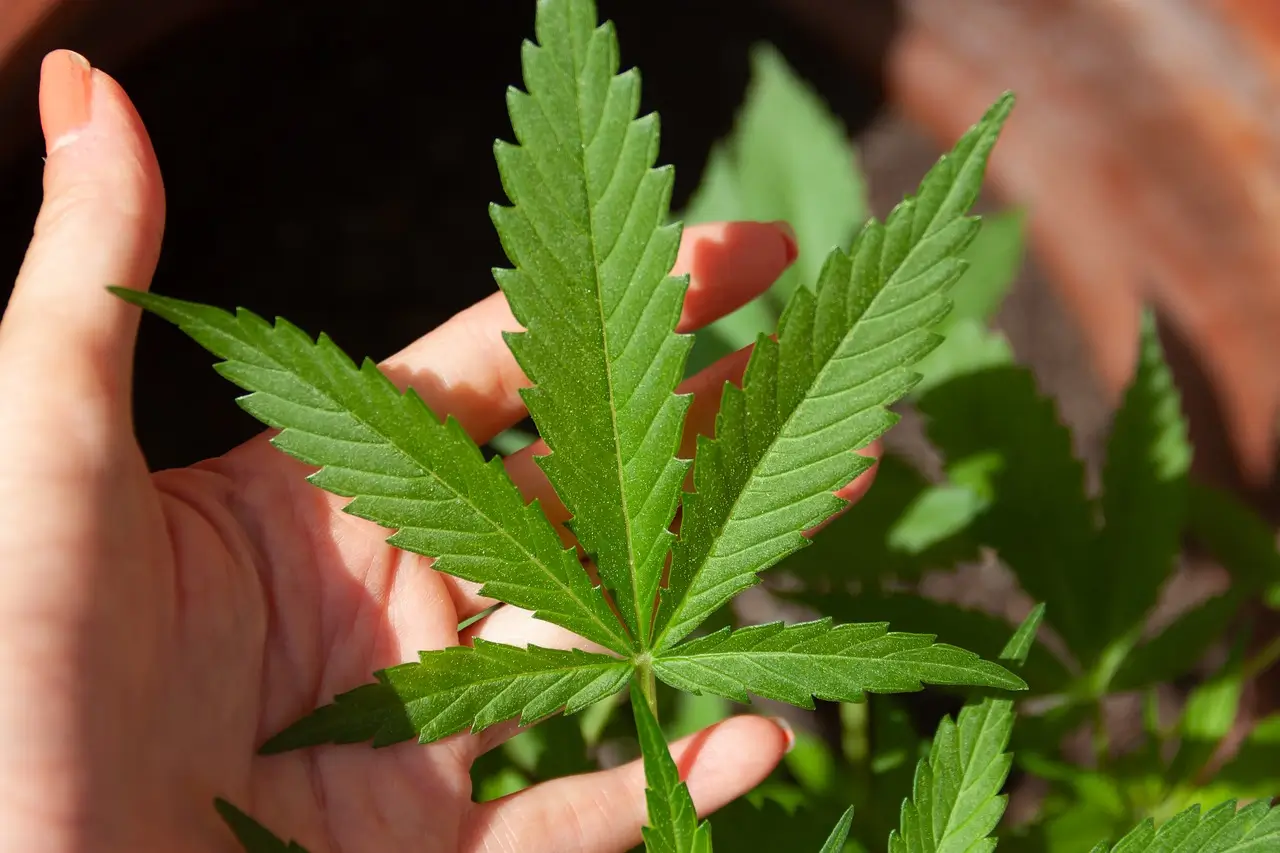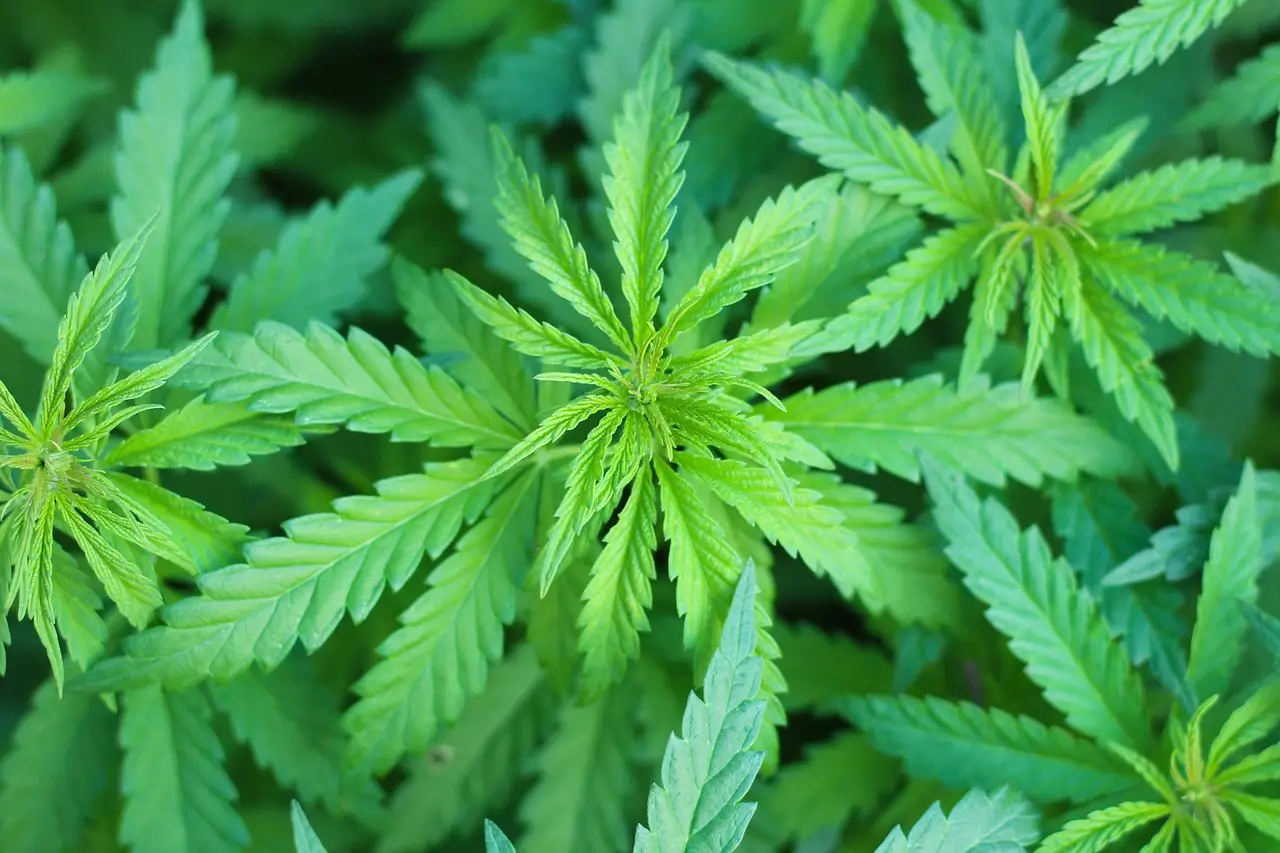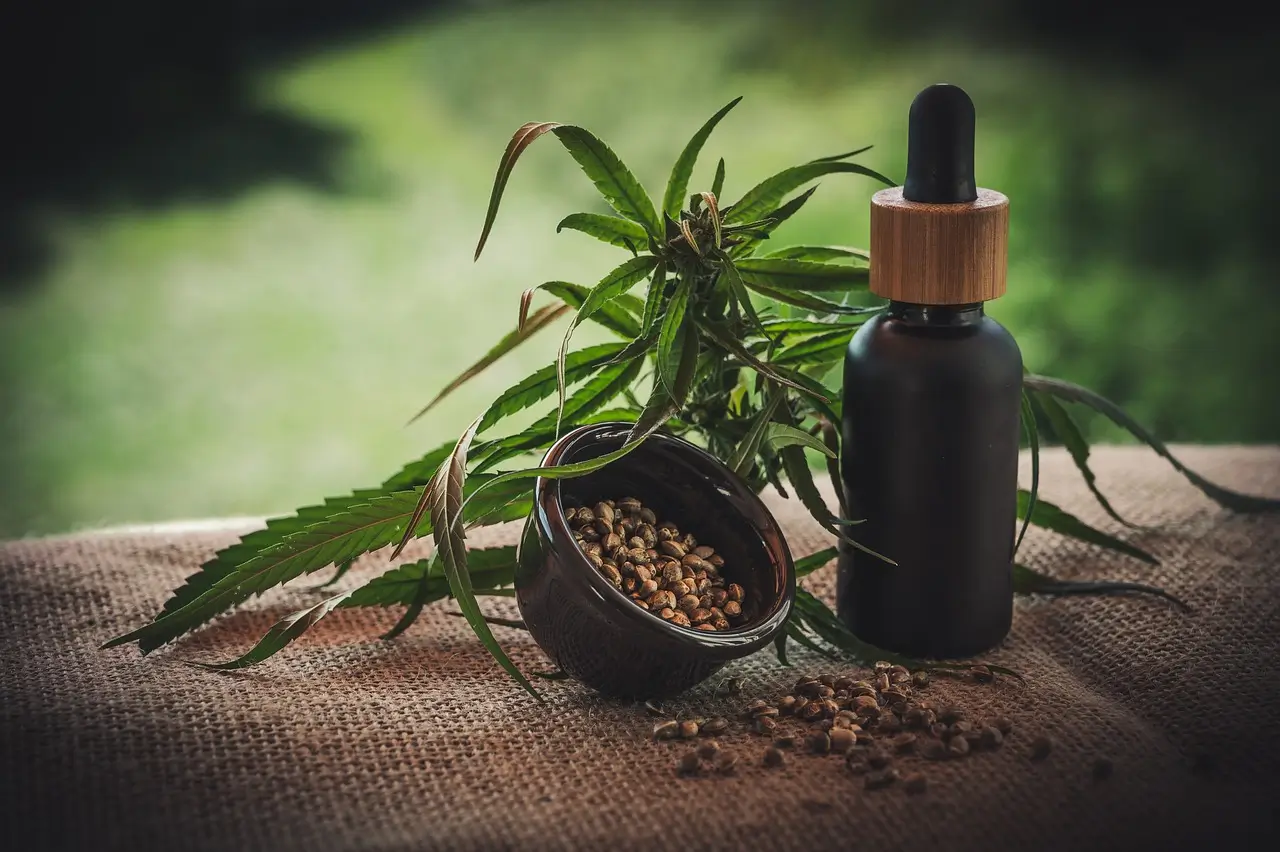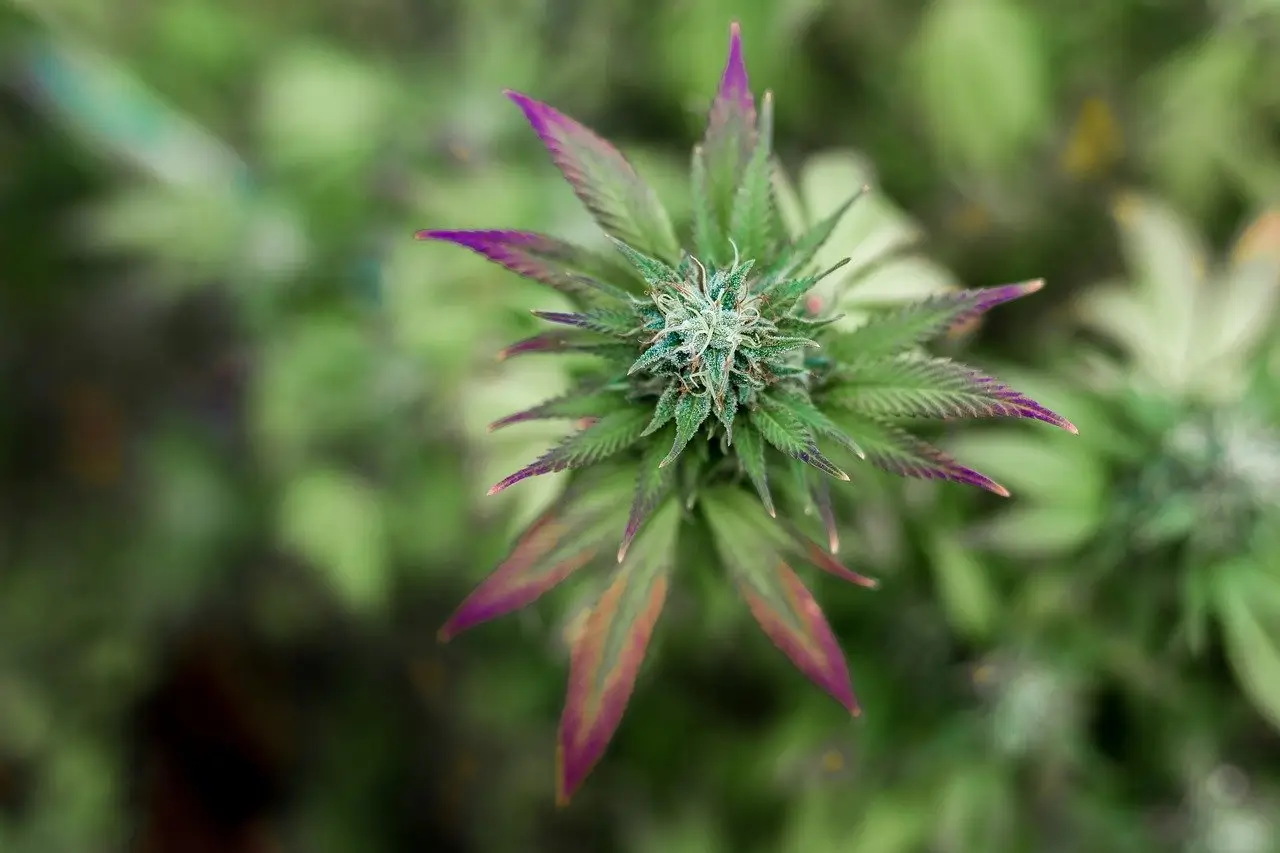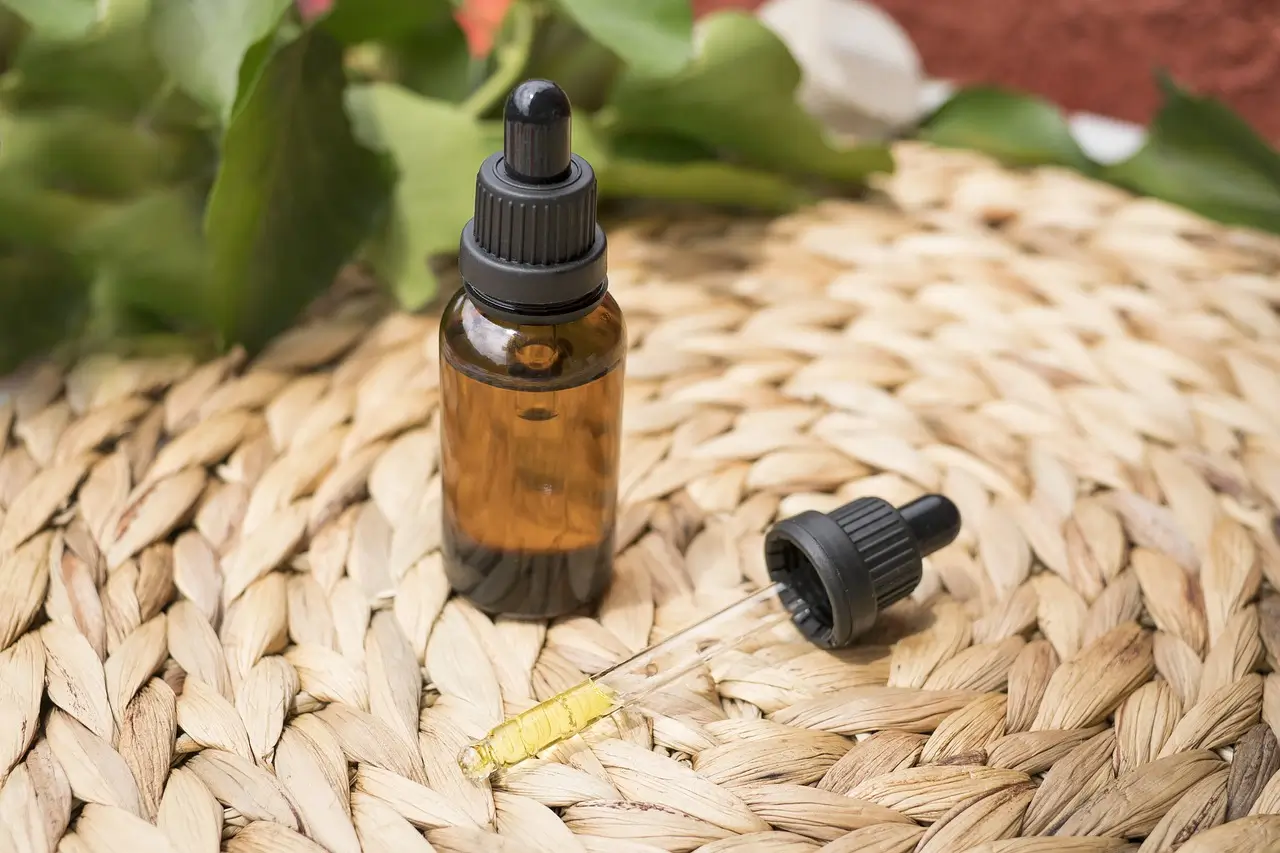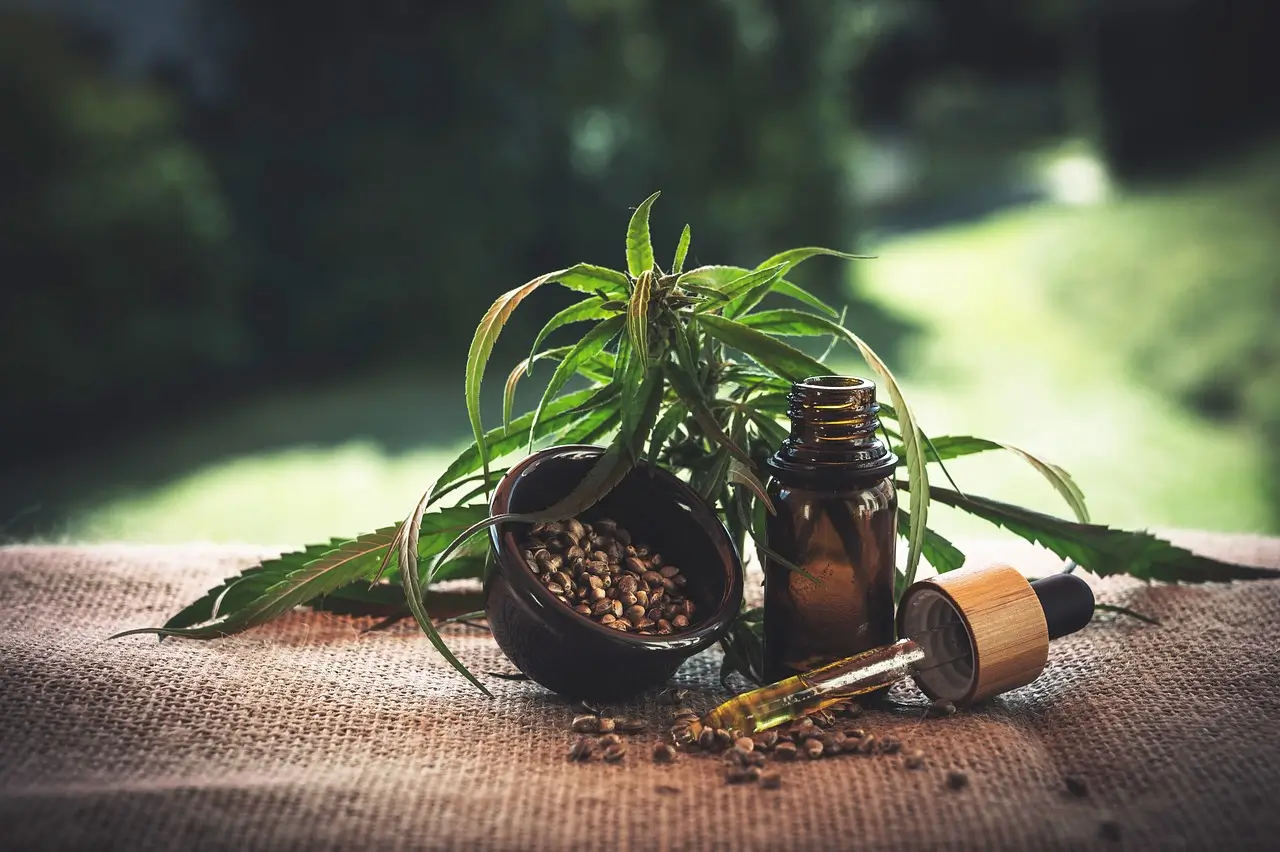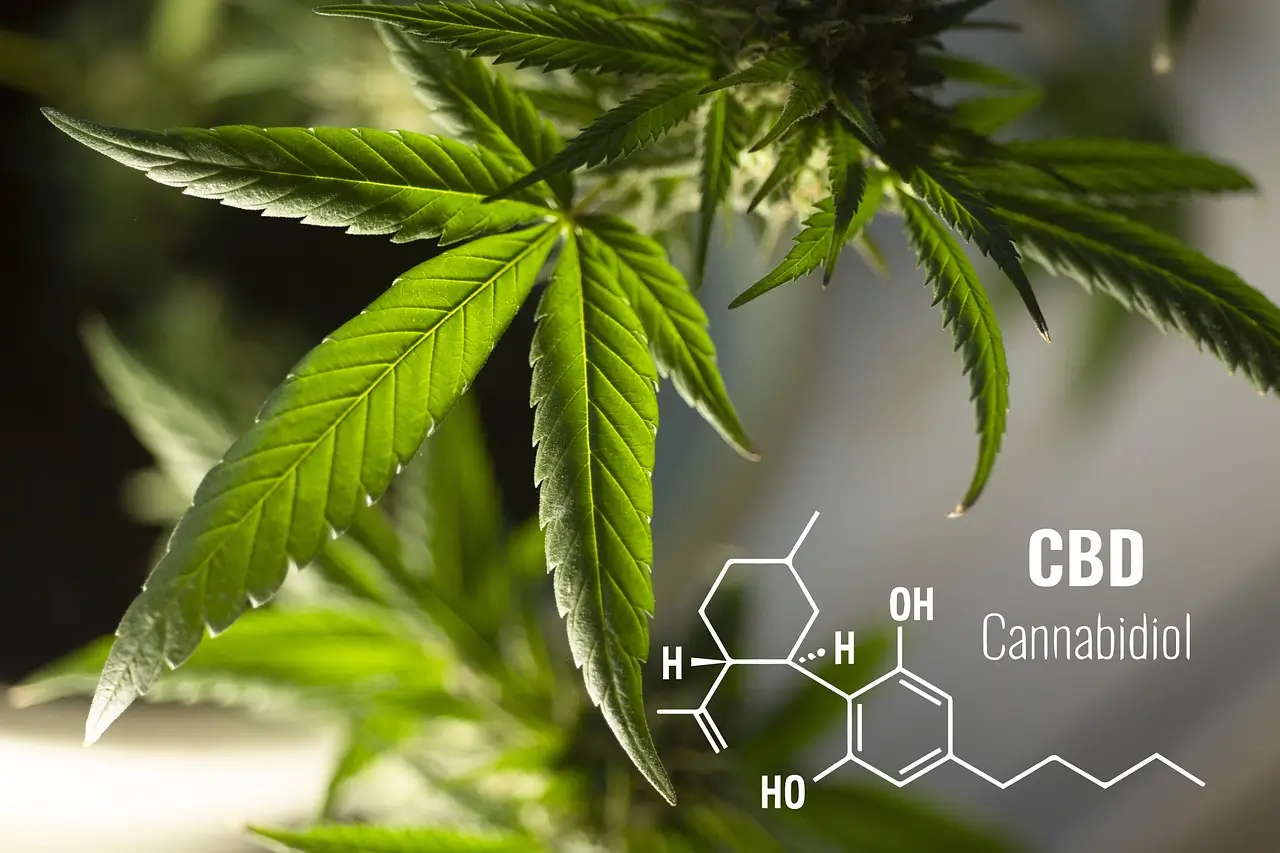CBD vs. THC
In the burgeoning world of cannabis, two major players captivate attention: cannabidiol (CBD) and tetrahydrocannabinol (THC). While both originate from the cannabis plant, their effects and legal status offer stark contrasts. Delving into their differences illuminates the unique therapeutic and recreational landscapes they represent.
The Chemical Divide: A Matter of Mood and Molecules
The fundamental difference between CBD and THC lies in their chemical structure. This slight variation, like a single misplaced note in a melody, alters how they interact with the body's cannabinoid system (ECS), a network of receptors influencing various functions.
THC
-
Psychoactive Effects
THC's claim to fame is its psychoactive impact, inducing the "high" associated with cannabis use. It binds directly to CB1 receptors in the brain, altering perception, mood, and cognitive function.
-
Medical Applications
Despite its mind-altering properties, THC holds therapeutic potential for managing pain, nausea, and certain neurological conditions. However, its psychoactive effects limit its use in some settings.
-
Legal Landscape
THC's psychoactive nature often places it in legal grey areas, with varying degrees of restriction depending on location.
CBD
-
No Psychoactive Effects
Unlike its cousin, CBD doesn't induce a "high." It interacts indirectly with the ECS, influencing other cannabinoid receptors and modulating their activity, leading to potential calming and therapeutic effects.
-
Broader Therapeutic Potential
Research suggests CBD's diverse interactions within the ECS might offer benefits for anxiety, stress, sleep, pain management, and various skin conditions. Its lack of psychoactive effects expands its accessibility.
-
Legal Acceptability
CBD's non-psychoactive nature generally grants it wider legal acceptance than THC, with many countries and states allowing its use for medical and even recreational purposes.
Beyond the Binary: A Spectrum of Options
It's important to remember that cannabis plants can contain varying levels of both CBD and THC. This creates a spectrum of products with differing effects. Some strains lean heavily toward CBD, offering calming and therapeutic benefits without the "high." Others contain higher levels of THC, producing the psychoactive experience sought by some consumers.
Navigating the Cannabis Landscape
Understanding the distinct effects and legal implications of CBD and THC empowers you to make informed choices. Whether seeking relief from chronic pain or exploring recreational options, knowledge is key.
-
Medical Applications
For individuals seeking potential therapeutic benefits, CBD's calming and pain-relieving properties, often without psychoactive effects, might be a preferable option.
-
Recreational Use
Those seeking the euphoric effects of cannabis may gravitate towards THC-dominant strains, understanding the legal implications and potential risks.
Responsible Exploration
Whether approaching CBD or THC, responsible use is paramount. Research products, understand potential side effects, and consult healthcare professionals when necessary. Remember, both CBD and THC offer unique potentials, and navigating their differences is crucial for a safe and informed journey through the ever-evolving world of cannabis.
Please Note: This information is presented for educational purposes only and should not be interpreted as medical advice. Always consult your healthcare professional before using any cannabis products, including CBD or THC.
